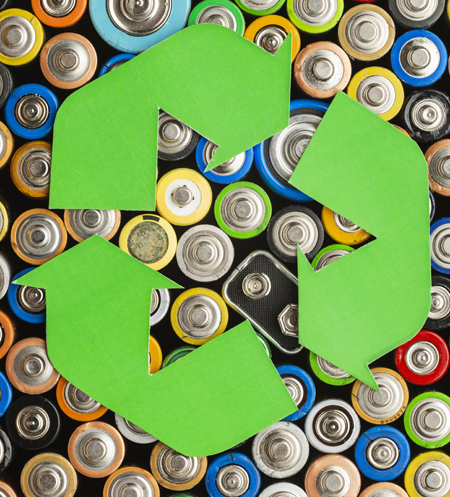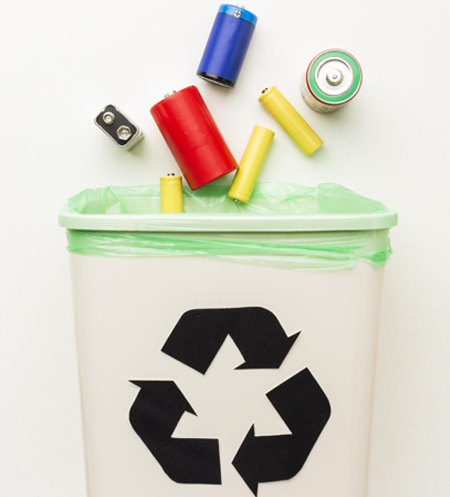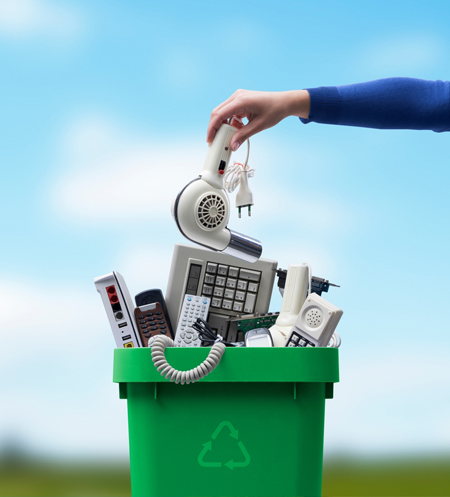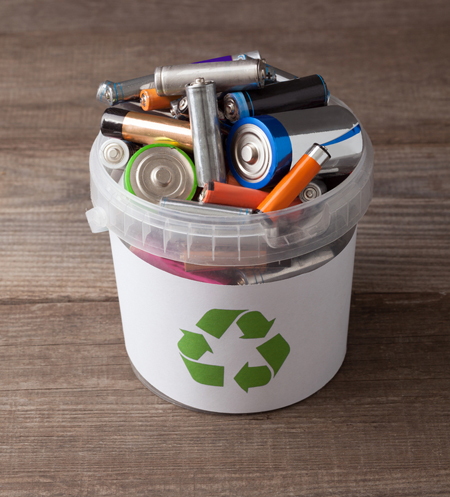Understanding Hazardous Waste and Its Risks
Hazardous waste management involves handling materials that pose serious threats to human health and the environment.
Hazardous waste contains materials that pose a significant risk to human health and the environment. These could contain pharmaceutical trash, batteries, insecticides, old repellent for mosquitoes, industrial chemicals, technological waste, and even liquid paints used for wood, wall paint waste etc.Incorrect handling or disposal of such materials can lead to soil pollution, air pollution and water poisoning, which can threaten both ecosystems and human health.







